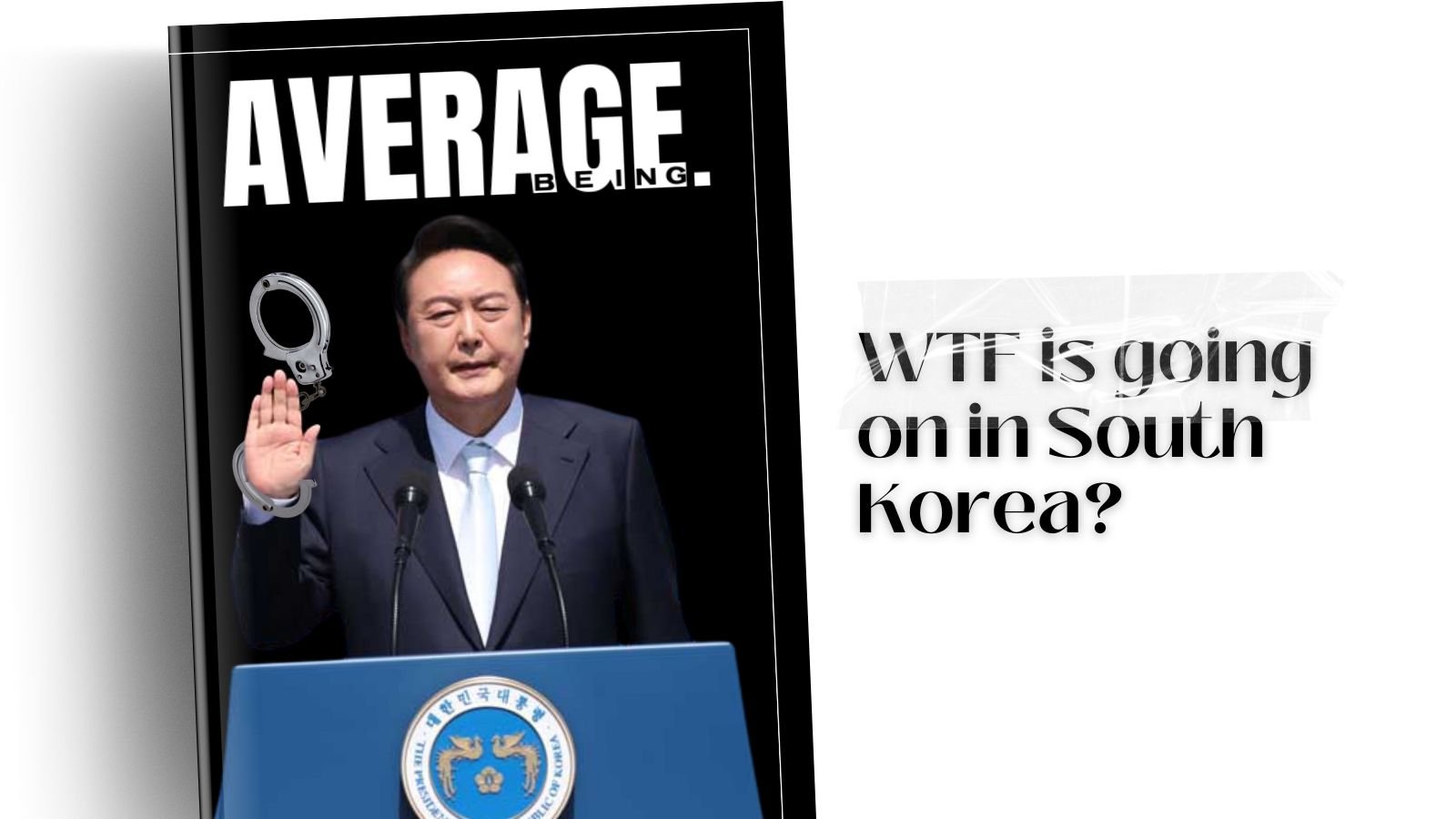South Korea woke up to a political earthquake on January 15, as authorities arrested impeached President Yoon Suk-Yeol following his controversial declaration of martial law in December 2024.
The arrest, executed at his fortified residence in Seoul, marked the first time a sitting South Korean president has been detained—a historic and unsettling precedent.
The saga began on December 3, 2024, when Yoon declared martial law, citing threats to national security. This unprecedented move was widely perceived as an attempt to consolidate power amid plummeting approval ratings and mounting opposition.
The National Assembly responded swiftly, impeaching Yoon on December 14, 2024, with a decisive vote of 191–71, effectively suspending his presidential powers.
Following his impeachment, Yoon retreated to the presidential residence, where he remained defiant. Authorities made multiple attempts to detain him, including a notable standoff on January 3, 2025, when the Presidential Security Service blocked investigators’ entry.
It wasn’t until January 15 that a coordinated effort involving over 1,000 police officers and anti-corruption investigators succeeded in breaching the compound.
Officers employed ladders and wire cutters to overcome barricades and barbed wire, ultimately leading to Yoon’s arrest.
Martial Law and the Fall of Yoon
Yoon’s declaration of martial law was a dramatic escalation in a presidency already fraught with controversy. By invoking military authority, he sought to suppress dissent and bypass democratic institutions—a move reminiscent of South Korea’s authoritarian past.
The public and political backlash was immediate, with mass protests erupting nationwide.
Critics accused Yoon of undermining the constitution and endangering the country’s hard-won democratic freedoms.
In the wake of his impeachment, Yoon remained unrepentant.
He ignored multiple summonses from the Corruption Investigation Office for High-ranking Officials (CIO) and released statements pledging to “fight alongside you to the very end to protect this nation,” framing his actions as a defense against unspecified threats.
Yoon’s arrest has plunged South Korea into a profound political crisis, raising questions about the resilience of its democratic institutions.
The Constitutional Court is now tasked with determining whether to remove him from office permanently or reinstate him—a decision with far-reaching implications.
Public opinion appears to favor his removal, with widespread support for the impeachment reflecting deep-seated concerns about his leadership.
The economic ramifications are also significant. The central bank has cited political instability as a primary concern, prioritizing the need for normalization over monetary policy adjustments.
Investors and international observers are closely monitoring the situation, wary of potential disruptions in one of Asia’s leading economies.
What Happens Next?
Yoon faces serious charges, including insurrection and abuse of power. If convicted, he could face severe penalties, ranging from life imprisonment to the death penalty.
His legal team has contested the validity of the arrest warrant, arguing that the CIO lacks the authority to detain a sitting president. These legal battles are expected to be protracted, further extending the period of uncertainty.
This unprecedented situation has prompted introspection among South Koreans about the strength and stability of their democracy.
While the swift impeachment and arrest demonstrate a commitment to constitutional processes, the crisis has exposed vulnerabilities that may require systemic reforms to address.
As the nation awaits the Constitutional Court’s decision, the broader implications of Yoon’s actions continue to unfold. The coming weeks will be critical in determining not only the future of Yoon Suk-Yeol but also the trajectory of South Korea’s democratic governance.
The question now is whether the nation can fully recover from this turbulent period.
Can trust in democratic institutions be restored, or has Yoon’s stunt left a permanent dent in South Korea’s political psyche?

